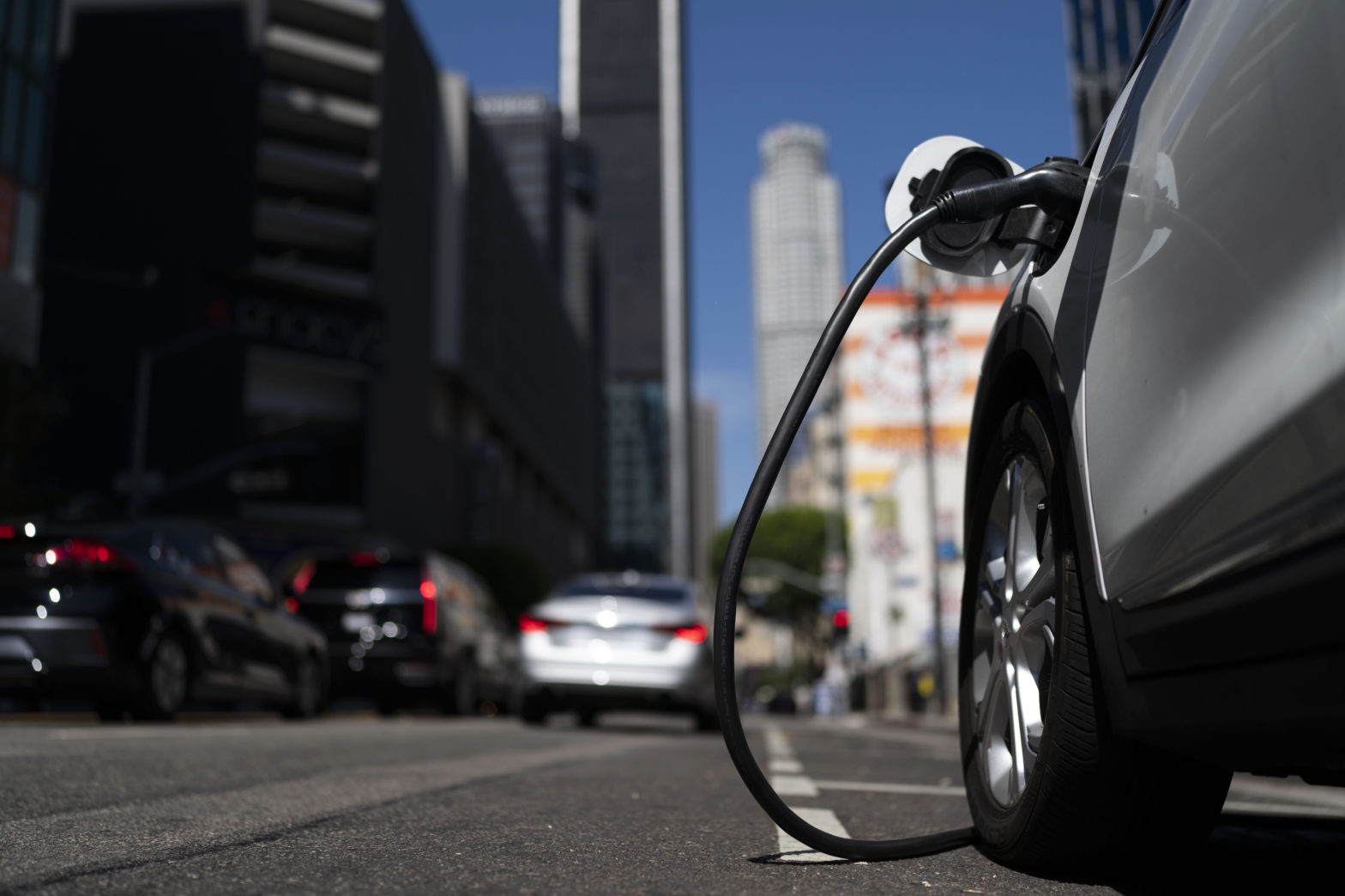General News
Meropi Kyriacou Honored as TNH Educator of the Year
NEW YORK – Meropi Kyriacou, the new Principal of The Cathedral School in Manhattan, was honored as The National Herald’s Educator of the Year.

BOLIVIA – The next generation of technological advancement might rely on the same place it has turned to since the days of the Spanish conquistadors: Bolivia. Despite being one of the poorest nations in the Americas, this landlocked South American country is exceedingly rich in the resources required to make our world move.
With global supplies of lithium, the critical element needed for electric car batteries dwindling fast, Bolivia’s vast, remote salt flats may hold the key to the future. But one of South America’s most famous natural wonders may be at stake.
The Key to The Future
It is no exaggeration to say that lithium will be essential to technological advancement in the coming years. Used in batteries that power everything from pacemakers and laptops to electric cars, lithium has unique conductive properties that make its potential unending.
It’s an exciting prospect for innovators who see new and improved uses of lithium pushing new horizons in countless sectors, including making electric cars the norm and cutting carbon emissions worldwide.
Tempering the excitement is a harsh reality that has impacted nearly every sector following the pandemic: supply chain issues. If you think the recent microchip shortage was bad, you don’t even want to consider the impact a lithium shortage could have on supply chains for some of our most essential products.
Lithium in Short Supply
The price of lithium has risen almost 1000% in the past two years, portending a severe lithium shortage in the coming years. While current global lithium supplies are expected to last until 2025, experts predict that demand for lithium will nearly quadruple by 2030.
A greener future depends on finding a solution to the impending shortage, and not just for the sake of electric cars. Crucially, lithium is also a key component in batteries that store captured wind and solar power.
Boston Consulting Group identifies just how high the stakes are in securing global lithium supplies, warning that the looming supply crunch for lithium “could significantly set back the transition from fossil fuels to renewable energy and the global battle against climate change.”
Bolivia to The Rescue?
The vast majority of lithium production originates from underground brine reservoirs, making the world’s largest salt flat in Bolivia’s remote, high-altitude desert a key spot for extracting this much-needed resource. Bolivia’s lithium supply is so significant it accounts for nearly one-quarter of the lithium reserves on the entire planet.
You’re might be more familiar with this unique, lithium-rich salt flat than you think. Drive twelve hours from the capital city of La Paz into the desert, and you’ll find the Salar de Uyuni, stretching on endlessly as far as the eye can see.
It’s better known as the world’s largest mirror and Bolivia’s biggest tourist attraction. When flooded with water during the rainy season, the salt flat perfectly reflects the sky, creating a magical optical illusion that has launched countless viral photos and videos.
Would you have guessed that this natural wonder hides the minerals the world needs to reach net zero emissions with electric cars? The 70,000 yearly visitors drawn to Salar de Uyuni have little idea about the wealth beneath their feet. However, extracting the desperately-needed lithium from Salar de Uyuni will be challenging.
Bolivia’s Resource Curse
Despite Bolivia’s immense resource wealth, including some of the world’s largest stores of zinc, silver, tin, and even natural gas, past mineral extraction has only left the Bolivian people poorer.
A standard part of any Salar de Uyuni tour, the ghost towns once populated by enslaved indigenous people forced to work now-defunct mines stand as a poignant reminder of the curse of Bolivia’s resources. It’s a history that many in Bolivia are worried is doomed to repeat with the extraction of Uyuni’s lithium.
Bolivia’s resource curse is just one reason why the nation’s vast lithium reserves remain mostly untapped. Decades of attempts to commercialize lithium extraction from Salar de Uyuni have been met by changing government priorities, failed contract agreements, and fierce opposition from concerned citizen groups.
Ongoing negotiations with several firms have been repeatedly delayed, though the Bolivian government has expressed hopes to announce newly-awarded contracts around the start of 2023.
Brewing Battles
While it won’t be easy to scale up lithium production in Bolivia, there is little time to waste as demand for electric cars and countless other innovations stretch global lithium supplies to their limits.
As negotiations with firms stretch on, tensions simmer among Bolivia’s growing tourism sector, concerned about degrading the nation’s number one tourist attraction, and Bolivian citizens worried that juicy mining contracts would further concentrate the nation’s wealth in the hands of just a few privileged families.
The future of lithium extraction in Bolivia remains uncertain, but one thing is for sure: its effects will be felt far beyond the desert salt flats of South America.
NEW YORK – Meropi Kyriacou, the new Principal of The Cathedral School in Manhattan, was honored as The National Herald’s Educator of the Year.

NEW YORK – The New York Greek Independence Parade on Fifth Avenue, commemorating the 203rd anniversary of the Greek Revolution of 1821, was held in an atmosphere of emotion and pride on April 14.
NEW YORK — Whitey Herzog, the gruff and ingenious Hall of Fame manager who guided the St.
ST. LOUIS — Strong storms caused damage in parts of the middle U.
ATHENS, Greece — The world is not doing enough to protect coral reefs, the United Nations’ special envoy for the ocean said Tuesday in defense of the marine ecosystems that protect biodiversity, sustain underwater life and produce some of the oxygen we breathe.
NEW YORK – With the calls of “Long live March 25th,” “Long live Greece,” and “Long live Cyprus,” this year's pre-parade grand celebratory reception at the Pierre Hotel was held on April 14.